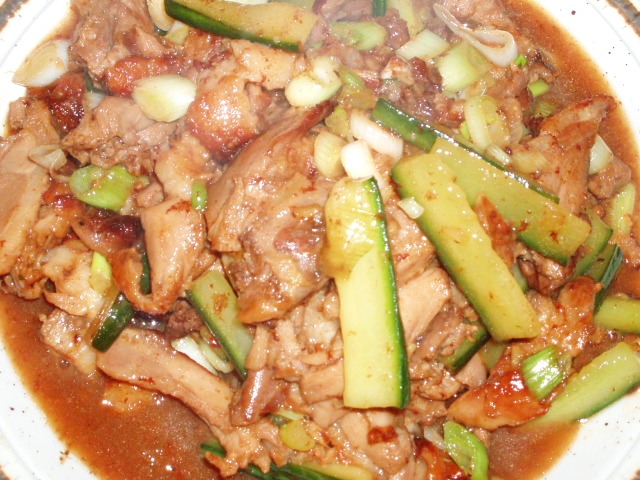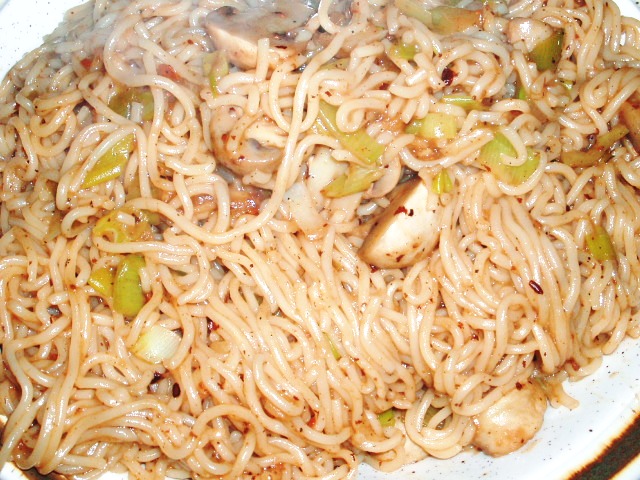The Myth of England Is Over - an Englishman's Home is his Prison
Wednesday 23/2/2005
Back to noshblog site
(click here)
Diary and Notes
Today a myth died.
Throughout the long and bloody history of England; the persecution of the Empire, the oppression and annexation of Wales, the follies of the Crimean War & World War I, the oppression of the people by robber barons, royals, business & the landed gentry, invasions, economic boom and bust, bad government and even the black death, there has been a myth that has always prevailed and has withstood all of these. A quaint old myth of Englishness that was never really true, but comforted us in our times of trouble and led us to believe that even if we were downtrodden and poor, at least we could rely on the ancient laws of the land to keep us free from total tyranny and fascism.
George Orwell knew it was a myth and said so. Deep down the people had always knew that the law would treat those in power differently to those at the bottom of the pile, but underneath all the cynicism and disdain the myth prevailed, a myth of an England where an man's home was his castle, that law and due process would be followed for all and should you fall foul of the law, you would be tried by your peers in an open court and given a chance to hear the evidence against you and be allowed to offer some defense.
The myth of England died today.
From today the government can, in your absence, declare you guilty of an unstated offence and lock you away without trial or recourse in open court. From today, should you be of the wrong colour or political persuasion, should you speak out against the government, be seen as a threat to the common good, you could be locked, incommunicado, in your own home, without the means to communicate with the outside world, without the chance to walk in your own garden, speak to your neighbours or even pop to the pub for a game of darts and a pint.
This is exactly the same legal system as is condemned by our own government for the house arrest of Aung San Suu Kyi by the Burmese military junta. This is the same legal framework which the South African government used to suppress any dissent against the apartheid law (and they even had judicial review of house arrest - better than we get) and this is the same form of law that allowed the Gestapo to arrest without trial anyone who dared speak out against the Nazis.
Am I exaggerating?
You may say no British politician would go so far as to arrest someone just because they disagreed with their policies, would they?
They did in the 70's with internment in Northern Ireland. The British did with the Boers when they rounded up the Boer women and children and put them in concentration camps. Numerous home secretaries ignored pleas for the release of the Guilford four - even when they knew in all likelihood that they were innocent - and even if we trust our current government to use the law fairly to protect us from this 'threat', what about the next government and the one after that. A law once made is rarely repealed in a timely fashion.
And what of the 'threat'?
During the cold war and the fear of Russian infiltration did we lock people up without recourse?
When Napoleon was planning to invade, did we install a fascist dictatorship in order to counteract the threat?
And even when the greatest threat to our country and our way of life in perhaps it's entire history - the second world war, when there were fears of German spies everywhere, was such a law - arrest and imprisonment without trial every introduced?
Whatever threat we face as a country, moving ever closer to a police state where the individual freedoms of the common man are worth nothing in the face of the need for authority and control, must not be the answer. The climate of fear which the government hopes to convince us to succumb to must be resisted. The concept of a fair trial by ones peers, enshrined in English law since Magna Carta 1215, the absolute fundamentals by which our entire legal system is based must be upheld. As I heard George Bush say just today when he was trying to lecture the Russians on open government: "Democracies are based on the rule of law."
Tell us this George Bush and Tony Blair, where is your rule of law now? Guantanamo Bay 2001-2005? Apartheid 1948-1994? Northern Ireland internment 1971? Communist Europe? North Korea?
***************************************
And I had an excellent dinner - a selection of stir fries with various sauces, rice and noodles.
Cake Blog
Frangipan: A small frangipan tart from Tesco. Cheap and cheerful (ish)
Menu
Prawn Crackers
Honey & Coriander Chicken
Pork & Peppers in Hoy Sin Sauce
Crispy Duck in Lemon Sauce
Pork and Chicken Fried Rice
Mushroom & Noodles with Black Bean and Oyster Sauce
Ingredients
Chicken: Chicken breast, peanut oil, spice mix (garlic, ginger and chilli), pak choi, spring onions, white pepper, soy sauce, honey, coriander, cornflour, chicken stock.
Pork: Pork, red, green & yellow peppers, spice mix, peanut oil, soy sauce, hoy sin sauce.
Duck: Duck leg, peanut oil, spice mix, soy sauce, lemon juice, spring onions, cucumber, cornflour, sugar.
Rice; Pork, peanut oil, chicken, rice, peas, soy sauce, white pepper, spring onions.
Noodles: Noodles, mushrooms, five spice powder, black bean sauce, oyster sauce, white pepper, spring onions.
Preparation
Mince some cloves of garlic, a few cm of ginger and a few chillis. This spice mix serves as a sort of flavour base to be added to the
peanut oil when it's frying. Also make a light chicken stock flavoured with a little star anise and MSG. While stir frying add little
spoonful's of the to keep things moist and stop them sticking.
Prepare everything ahead of cooking. Cut the chicken and pork into strips. Slice the peppers, pak choi, mushrooms etc... The duck needs to be cooked first as this will take longest (and needs marinading for a few hours). Mix some cornflour and water ready for stir frying.
Chicken: Cut the chicken into strips, stir fry then add the pak choi, flavour with honey, coriander etc... and use the cornflour for a glaze
Pork: Slice the pork thinly, stir fry and then add the mixed peppers. Flavour with hoy sin.
Duck: Cut slits in the skin, pour over soy sauce and lemon juice and leave to marinade for a few hours. Turn the oven up to a high heat (220 Celsius) and cook the duck on a rack (to drain off any fat) for 10 minutes to crisp the skin, then turn the heat down (160 c) and bake for another hour. Using a fork, remove all the meat and stir fry with some sugar, lemon juice, cucumber strips and spring onion strips.
Rice: Pre-cook the rice. Fry the meat (cut into tiny pieces), add the rice, peas and spring onions.
Noodles: Boil the noodles until soft. Fry some mushrooms flavoured with a little five spice. Add the noodles, stir in a little oyster sauce and some black bean paste.
Wales
I have referred throughout to England and not directly to England and Wales where this legislation will be effective (Scotland and Northern Ireland have different legal systems). This is not meant to be in any way a snub to our Welsh brothers, it is simply from the phrase 'An Englishman's home is his castle."
I may write a piece one day on how the Welsh were screwed by the English - for example, of all the countries in the United Kingdom they are the only ones who's flag doesn't make up part of the Union Flag - I think a dragon on the flag might look quite groovy and I don't understand why the Welsh aren't campaigning for this. Rise up my Welsh brethren and I'll join you at the barricades.
JCBorresen@Gmai.com









